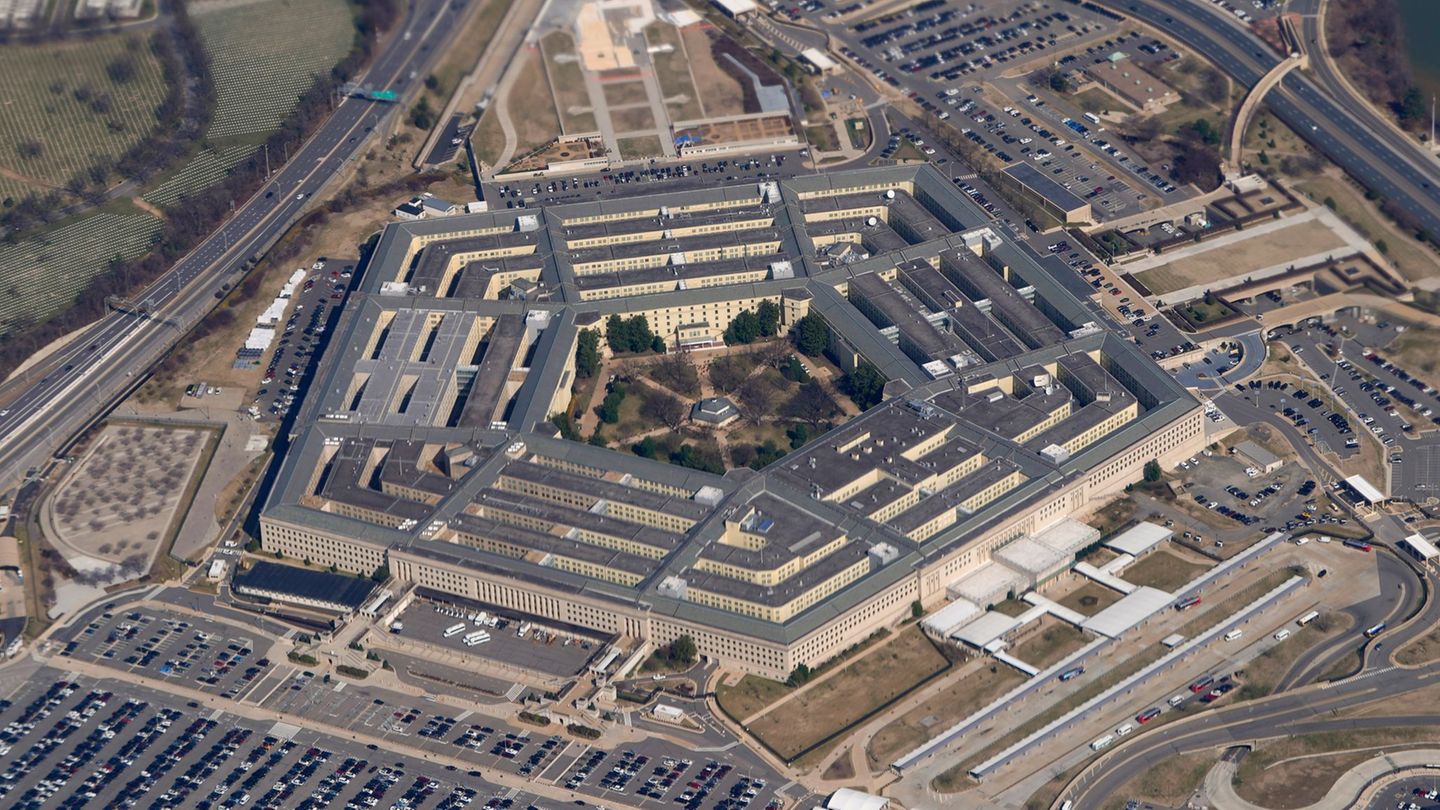Oradour-sur-Glane was the scene of a particularly brutal war crime during the Second World War. The SS wiped out the entire town. The Federal President is now coming to mark the 80th anniversary of the massacre.
643 murdered children, women and men – on June 10, 1944, SS members committed Nazi Germany’s largest war crime in Western Europe in the French town of Oradour-sur-Glane. On the 80th anniversary of the massacre, French President Emmanuel Macron and German President Frank-Walter Steinmeier will commemorate the victims together here today and at the same time look to the future.
The small Bavarian town of Hersbruck wants to use this opportunity to conclude a friendship pact with Oradour-sur-Glane. Soldiers of the SS division “Das Reich” wiped out the entire town in western France just a few days after the Allied landings in Normandy.
The men were driven into barns and shot, women and children were locked in the village church. They died from poisonous phosphorus smoke, bullets and hand grenades, or burned to death. Only a few people survived the massacre, which the SS claimed was retaliation for attacks by the growing French resistance against the German occupiers.
Coming to terms with the past for relatives
For Karin Eideloth, it was “first and foremost a shock” when she learned that her grandfather Adolf Heinrich was one of the approximately 150 SS men who wreaked havoc in Oradour-sur-Glane. Since then, she has been dealing with it and has been in contact with Agathe Hébras, the granddaughter of one of the survivors, for some time. Steinmeier invited Eideloth to accompany him to France. Hébras received an invitation from Macron. Both women met in Oradour-sur-Glane last April and will now see each other again.
Eideloth learned that her grandfather was one of the perpetrators from director Karen Breece, who had researched the background to the gruesome events for her theater project Oradour. According to the report, her grandfather made a confession to American authorities in 1953 after the military tribunal in Bordeaux, which was held for this war crime.
Until then, the family had assumed that he had been deployed in Hungary towards the end of the war, says the granddaughter. Today she knows: “He was involved in both the shooting of the men in the barns and the burning of the women and children in the church.” This triggered a “mixture of disbelief and anger” in her. To this day, she is filled with horror when she thinks about it. Since then, she has understood that the spectrum of human existence is very broad. “That includes abysses.”
Gauck as first Federal President in 2013 in Oradour-sur-Glane
It took Eideloth almost five years before she went to Oradour-sur-Glane for the first time. “It was terrible, the images come so vividly,” she recalls of her trip in 2022. “You read so much beforehand – and then suddenly you’re there.” What helped her, the descendant of a perpetrator, was how friendly, open and benevolent she was received by the descendants of the victims. “I experienced a great deal of warmth there.” For that, she is “infinitely grateful” to the people there.
Joachim Gauck felt the same way when he became the first German President to visit Oradour-sur-Glane during a state visit to France in 2013. “Your invitation to the German President is a gesture of welcome, of goodwill, a gesture of reconciliation, a gesture that cannot be asked for, that can only be given. And I am grateful for this gift,” Gauck said at the time.
For Karin Eideloth, the process of coming to terms with this dark part of her family history is not yet complete. But she is certain: “It is important to deal with these things. It is the best prevention to ensure that it does not happen again.”
Source: Stern
I have been working in the news industry for over 6 years, first as a reporter and now as an editor. I have covered politics extensively, and my work has appeared in major newspapers and online news outlets around the world. In addition to my writing, I also contribute regularly to 24 Hours World.




